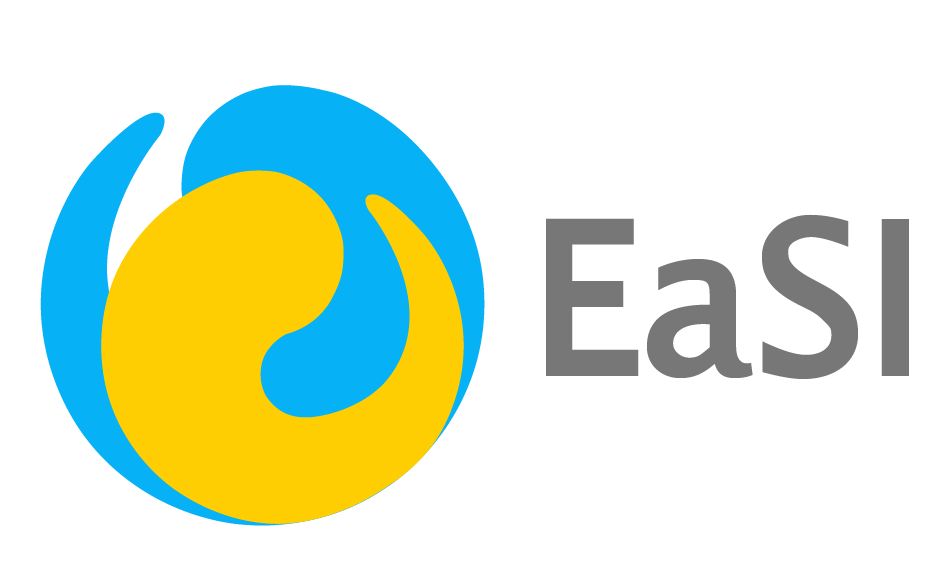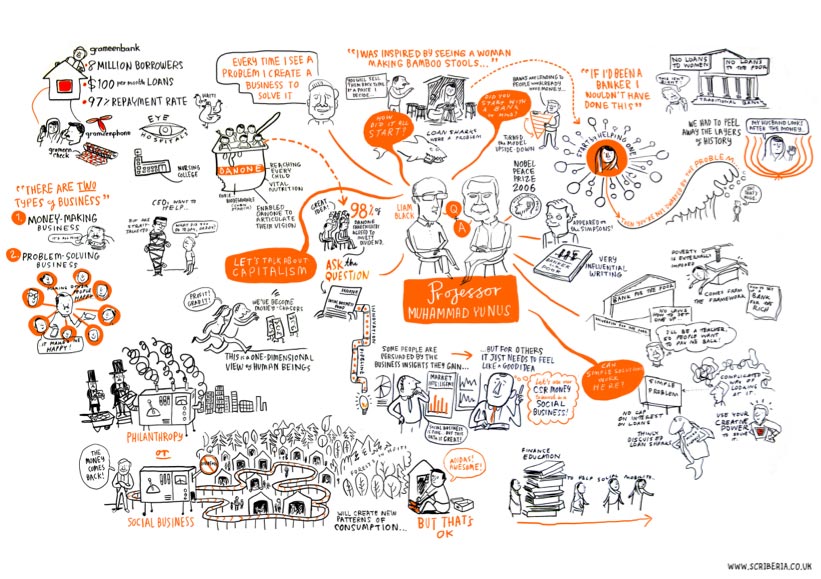What is social innovation and why is it good for business?
Social innovation is one of the fastest growing trends in Europe. Its founded on the idea that social needs can be met while creating competitiveness at the same time.
Business Planet went to Verona in Italy to find out more. We met visit a young garment business taking a socially conscious approach to its work. The clothes it sells were created and marketed by a social enterprise.
The idea behind the two-year-old Quid project is simple; take the material thrown away by the big textile producers of northern Italy, turn them into collections sell them. Their product retails in the company’s two shops under its own name and in several big stores in Italy. Quid’s turnover was 240,000 euros last and is expected to be 330,000 in 2015.
“Our product is a limited edition and has had a positive results on the market. Separately, we’ve set up partnerships with known brands in Italy, who have joined our project.,” said Anna Fiscal, Quid’s founder.
The intention is to develop these partnerships and create ready-to-wear products for the Italian and wider European markets.
Other important elements; agreements have also been made with social cooperatives in Verona, and the project’s 15 workers are mainly women in situations of social insecurity.
One staffer, Emma, told us her story:
“I was in prison for an offence. I was there for two years. I learned a lot of things, including working with Anna and the other girls who showed me the project. That gave me the opportunity to leave prison and get a job.”
Social innovation is new projects, services or models that facilitate better responsiveness to the different social challenges of our society, as Xavier Le Mounier, Organiser of the European Social Innovation Competition explains:
“Actually, it covers all sectors. It can go from healthcare to education, inclusion. Last year, I met a team working on void building in Europe that they turned into business parts.”
The Quid project scooped one of the European Social Innovation awards a year ago. The competition is open to any new ideas to reduce unemployment and its harmful effects on society and the economy.
“You can get a prize of 50 000 euros, you can get support in terms of mentoring and coaching, you can find business partners, you can be networked, and may be find also clients,” says Le Mournier.
“For us, the key to success is the mix of social, environmental and market aspects. That gives an adaptable, competitive model to all businesses with a social conscience,” Fiscale declares, with no little pride.


Comments are closed